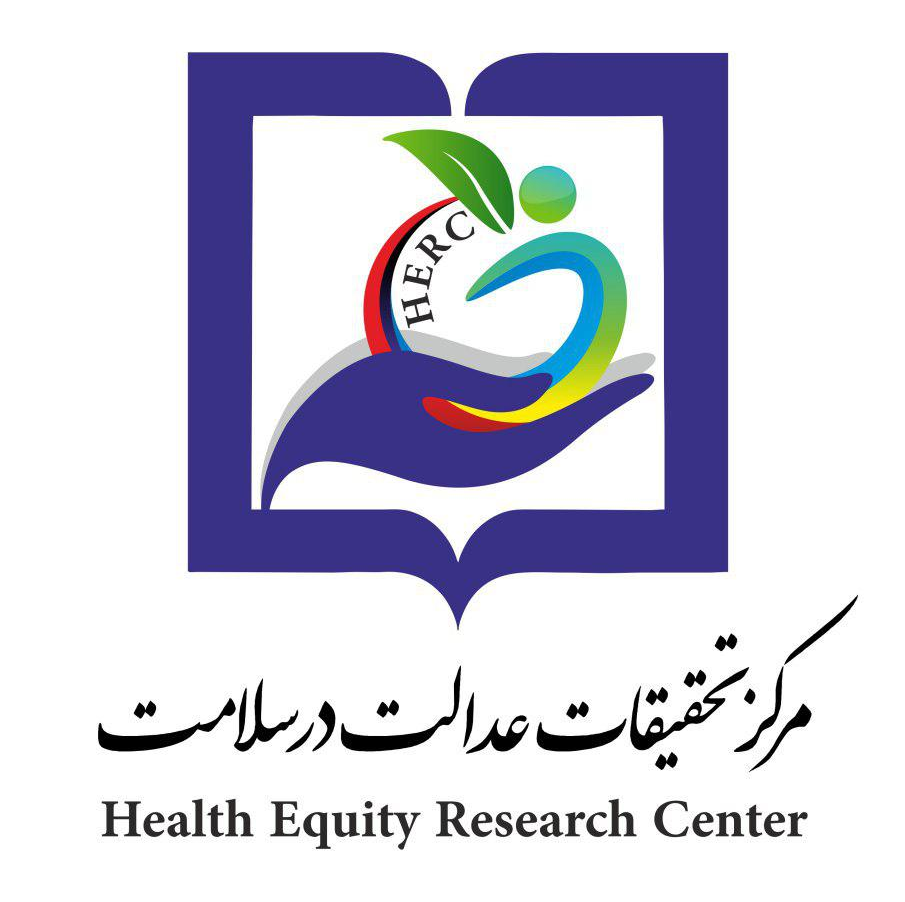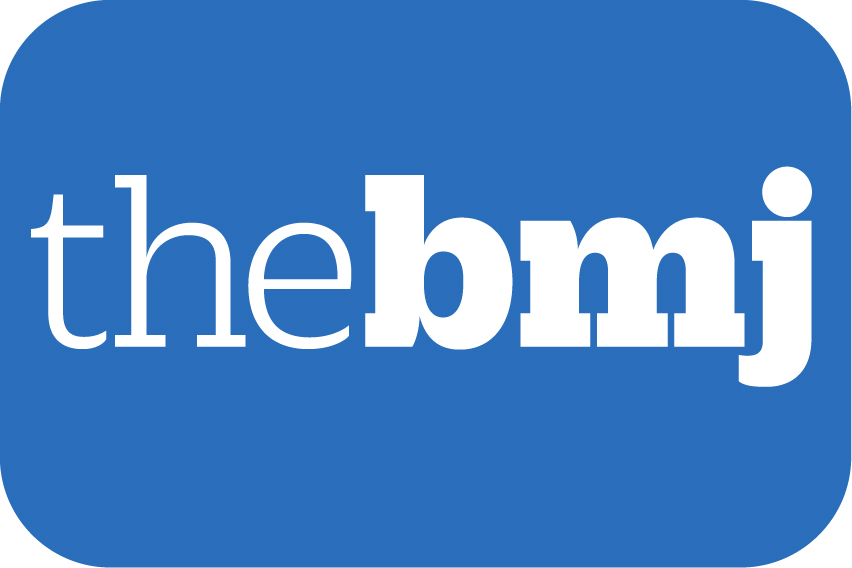Since its launch in 2007, the World Health Organization’s (WHO) framework for strengthening health systems’ has been widely considered as a global action plan to improve health outcomes. The framework is viewed as reliable criteria to measure health systems’ performance. The main goal of this framework is to develop a deeper understanding of a country’s health system and areas that need strengthening. The overall performance of a health system to achieve its main goals––for example, promoting good health outcomes, responding to population’s non-medical needs, financial protection against catastrophic health expenditures, and improving the efficiency of healthcare services––has been widely measured using the WHO framework.
The covid-19 pandemic has led many to reconsider whether the framework is sufficient in strengthening health systems so that they are resilient enough to respond to global health emergencies, as well as the ever increasing complexity of the ongoing challenges of health systems. The virus has changed our perception about leadership in global health, as the global South, and some East Asian nations have led the way in their response to covid-19. The 2019 Global Health Security (GHS) Index predicted that the most prepared countries for a global health emergency are western countries, but this prediction has been challenged by the pandemic. It illustrates the global deficiency of measuring health systems performance and preparedness in relation to global health security.
The covid-19 is providing an opportunity for international health organizations to reconsider whether the existing health systems building blocks, which form the WHO framework, are sufficient. Based on the countries with the most efficient and successful responses to covid-19 so far, we advocate two additional domains be added to the WHO’s six conventional building blocks framework: 1) a meaningful inter-sectoral collaboration and 2) a functioning global health surveillance and response system, both of which were meaningfully adopted in countries such as South Korea, Singapore and New Zealand to combat covid-19 crisis. Although both proposed components appear to be at the heart of governance, the experience of covid-19 has shown that neither has been fully addressed as a subset of governance in many countries. It is vital to consider these two important issues as independent blocks of a health system, in order to build a resilient health service that can overcome the complex public health challenges of the 21st century.
Health security is not just a health issue, but a societal phenomenon, which requires engagement beyond health systems. Covid-19 has reminded us, albeit at a very expensive cost, that dealing with outbreaks solely within the health system, and without the participation of other sectors is a recipe for failure. Given that there is no definitive treatment for the covid-19 and that many countries have limited access to vaccines, adopting policies such as physical distancing, masks wearing, and self-isolation may be one of the best strategies to reduce the virus transmission chain. But how effectively these policies are applied will differ across society. Encouraging people to stay at home and adopting quarantine measures will have different impacts on different communities, depending on the degree of socio-political support available and social security networks. It is not rational to expect a population, which is under severe economic pressure due to a health crisis and is not well supported by the government, to trust said government and adhere to its policies. Adherence to public health policies cannot be achieved without strong and meaningful collaboration among different government sectors, as well as non-governmental stakeholders, both inside and beyond the health system, including economic, finance, trade, education, social security and welfare, nutrition, and judiciary, among others. In other words, we need a “whole-of-government/whole-of-society approach.”
Covid-19 has highlighted the need for greater attention to building and strengthening national capacity to identify and manage effective responses to public health emergencies. To do that, global health surveillance should be incorporated as a distinct new building block within health systems. We need to design health systems that adopt an integrated approach and cooperates with other sectors and officials in order to continuously collect, analyze, and interpret data so that public health officials can take appropriate and timely interventions to minimize biological threats.
Global health surveillance must be a core function of any health system in order to identify, prevent, and control the spread of infectious diseases within and across national borders. During acute infectious disease outbreaks, a robust surveillance system can track the outbreak progression and provide early warning and scientific information for policy makers to make timely and evidence based interventions. It can identify any potential changes in healthcare seeking behaviour.
During an outbreak, global health surveillance is also critical to detect and differentiate new cases from other infectious diseases with similar symptoms, for example, covid-19 and H1N1 Influenza. It is also essential to minimize any potential inequality by offering a platform to find-out the most vulnerable and at-risk population. The covid-19 crisis underscored the weakness of the world’s health systems in properly preparing for and responding to health crises and reminded us that adequate health system responses reach beyond the current WHO building blocks. The pandemic has offered an opportunity for international health organizations to re-design the WHO building blocks framework. New pandemics are very likely to happen. Creating a modified and enriched framework is vital to maintaining sustainable societies in the future.



No responses yet